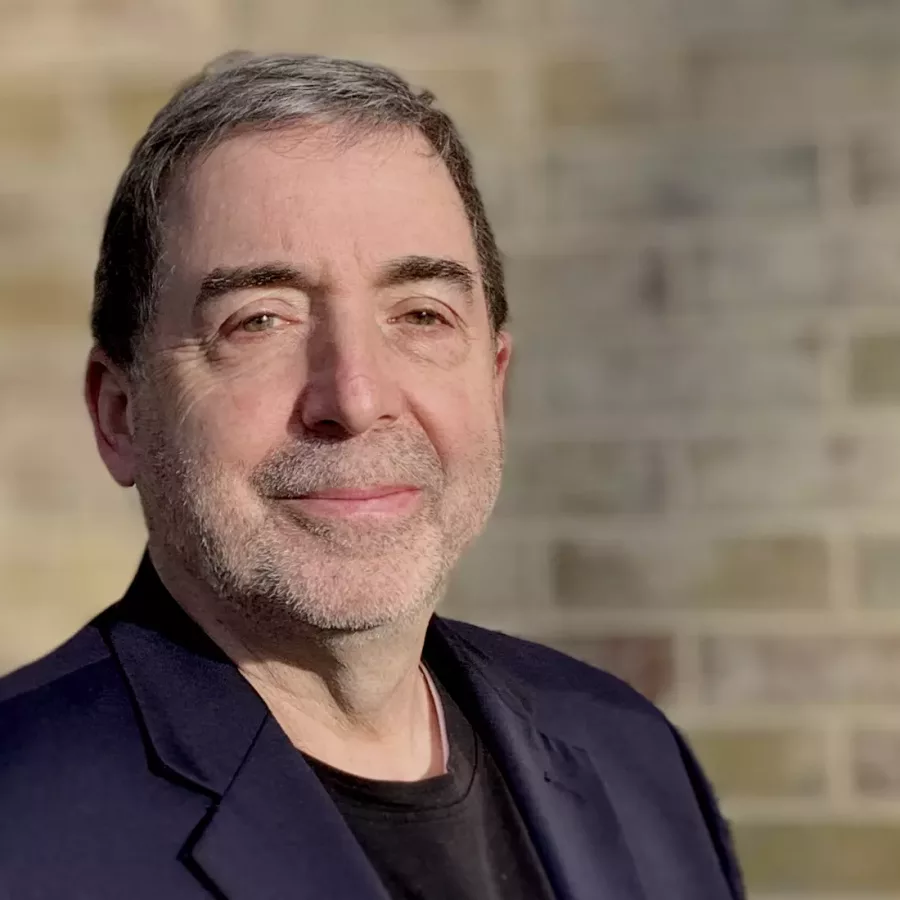His latest book is Gambling With Other People’s Money: How Perverse Incentives Caused the Financial Crisis. Roberts explores the role that past bailouts played in the risk-taking that led to the financial crisis of 2008.
In How Adam Smith Can Change Your Life: An Unexpected Guide to Human Nature and Happiness (Portfolio/Penguin 2014), Roberts takes the lessons from Adam Smith’s little-known masterpiece, The Theory of Moral Sentiments, and applies them to modern life.
He is also the author of three economic novels teaching economic lessons and ideas through fiction. The Price of Everything: A Parable of Possibility and Prosperity (Princeton University Press, 2008) tells the story of wealth creation and the unseen forces around us creating and sustaining economic opportunity. The Invisible Heart: An Economic Romance (MIT Press, 2002) looks at corporate responsibility and a wide array of policy issues including anti-poverty programs, consumer protection, and the morality of the marketplace. His first book, The Choice: A Fable of Free Trade and Protectionism (Prentice Hall, 3rd edition, 2006) is on international trade policy and the human consequences of international trade. It was named one of the top ten books of 1994 by Business Week and one of the best books of 1994 by the Financial Times.
A three-time teacher of the year, Roberts has taught at George Mason University, Washington University in St. Louis (where he was the founding director of what is now the Center for Experiential Learning), the University of Rochester, Stanford University, and the University of California, Los Angeles. He earned his PhD from the University of Chicago and his undergraduate degree in economics from the University of North Carolina at Chapel Hill.
